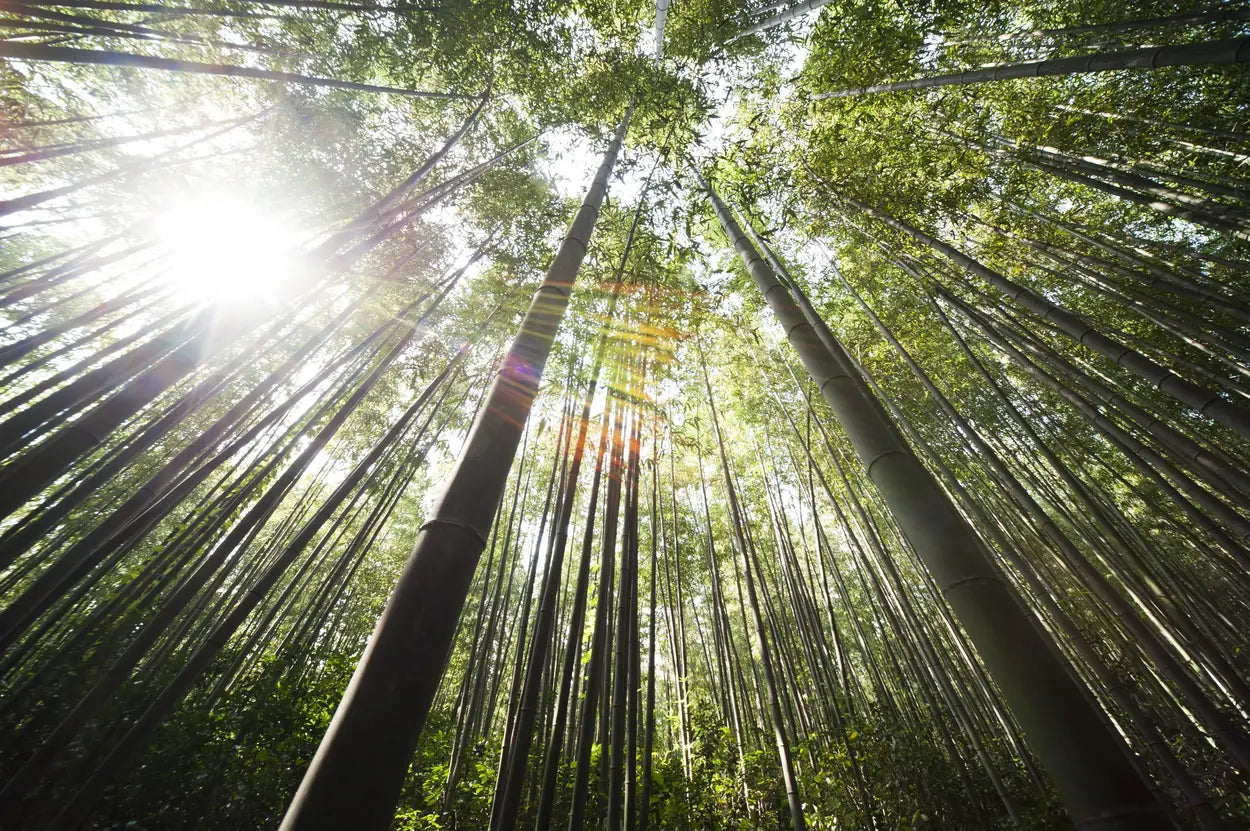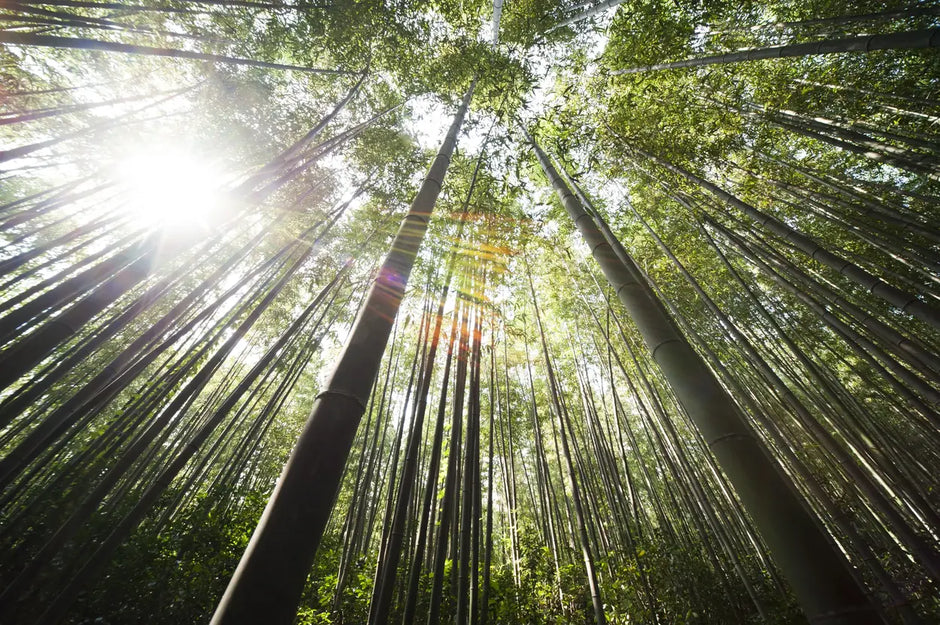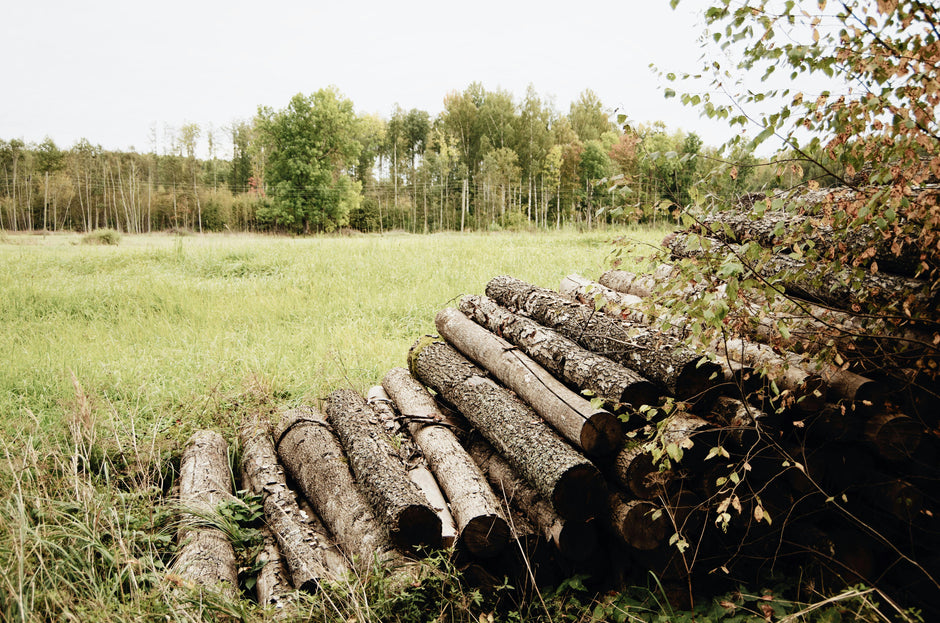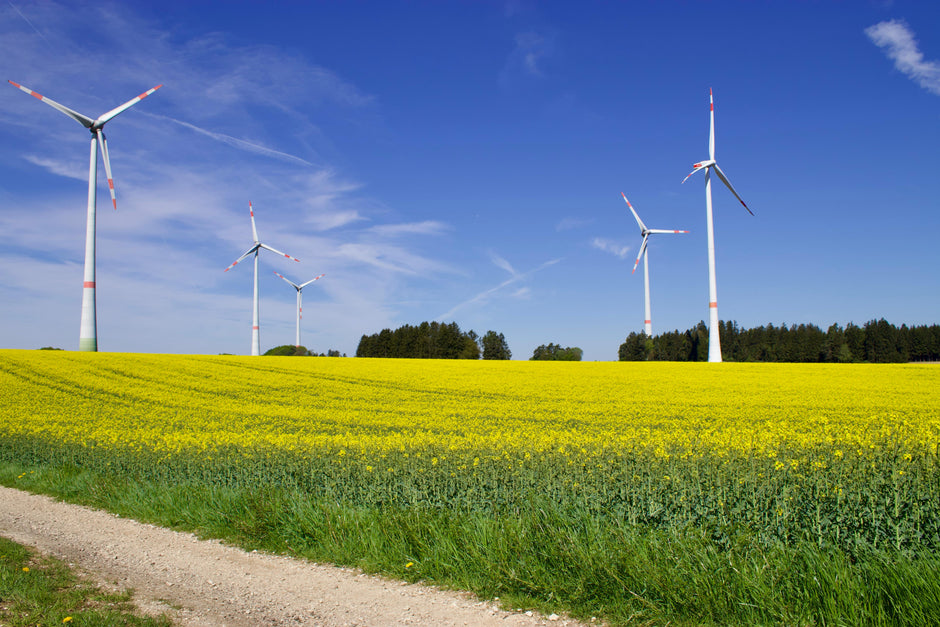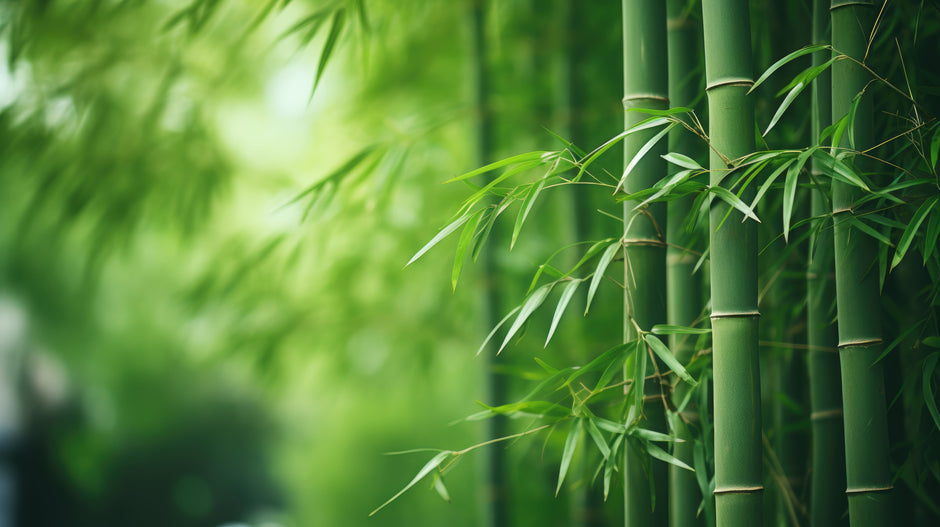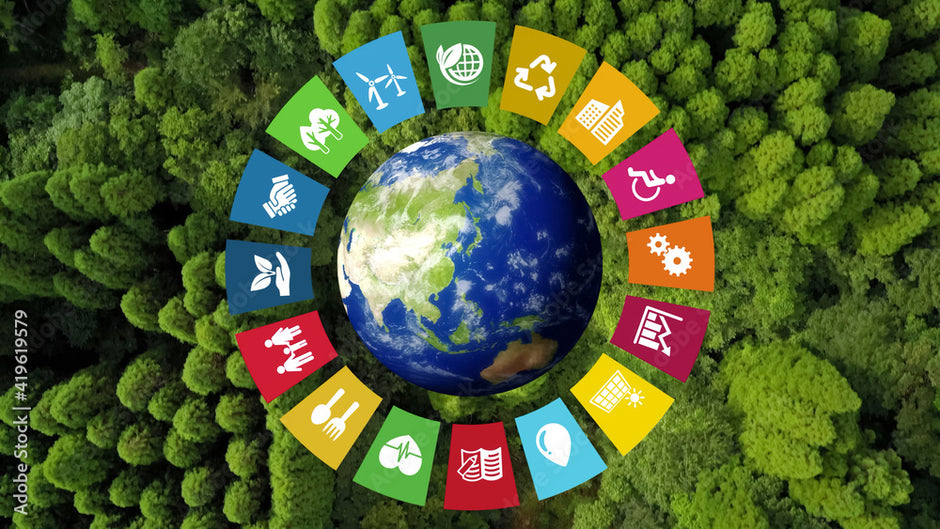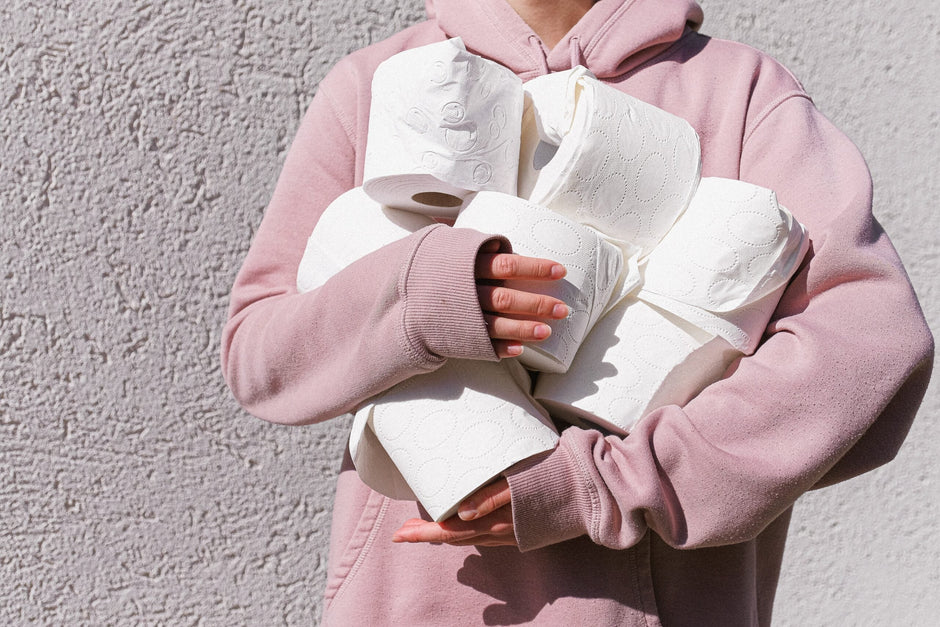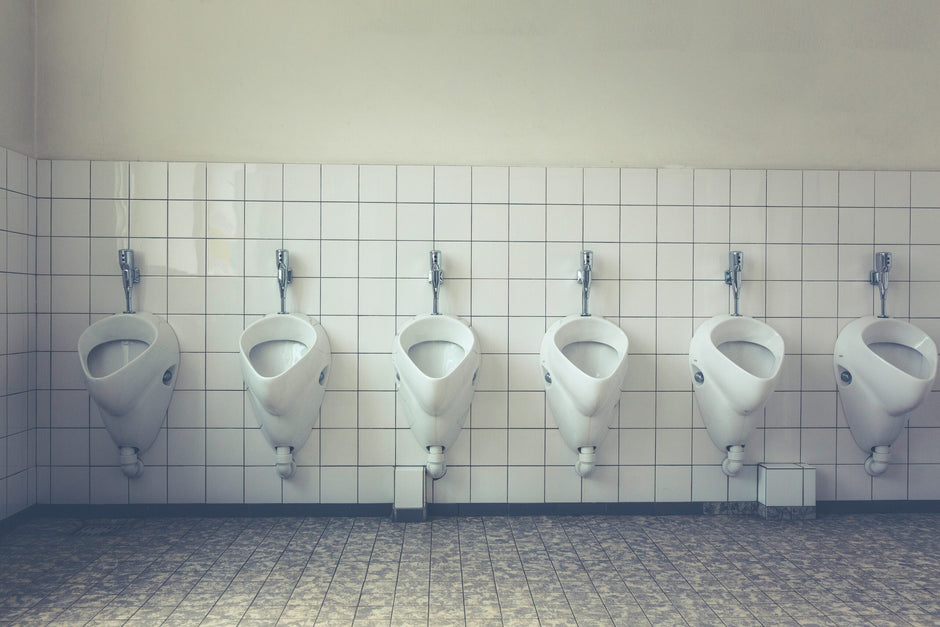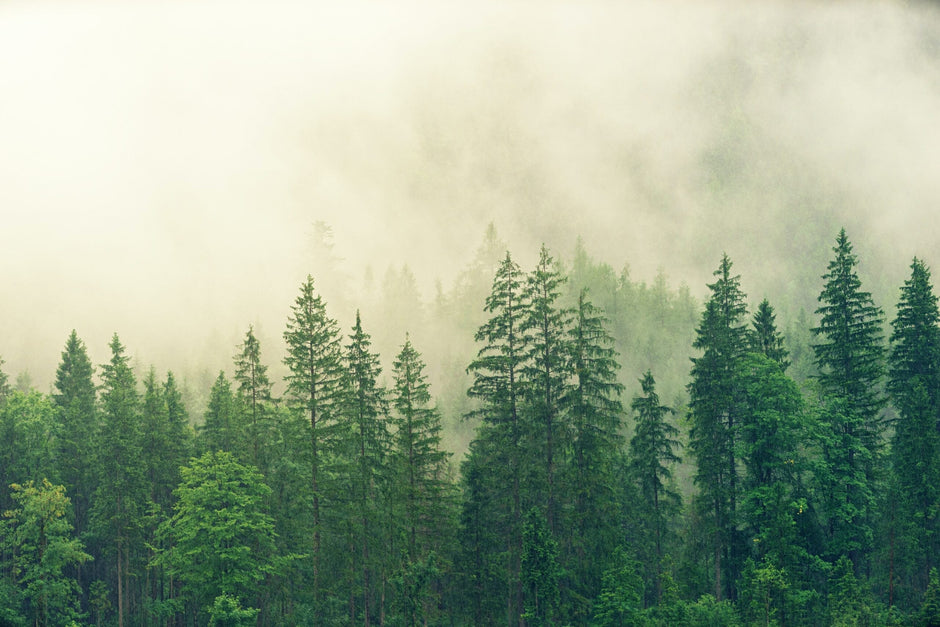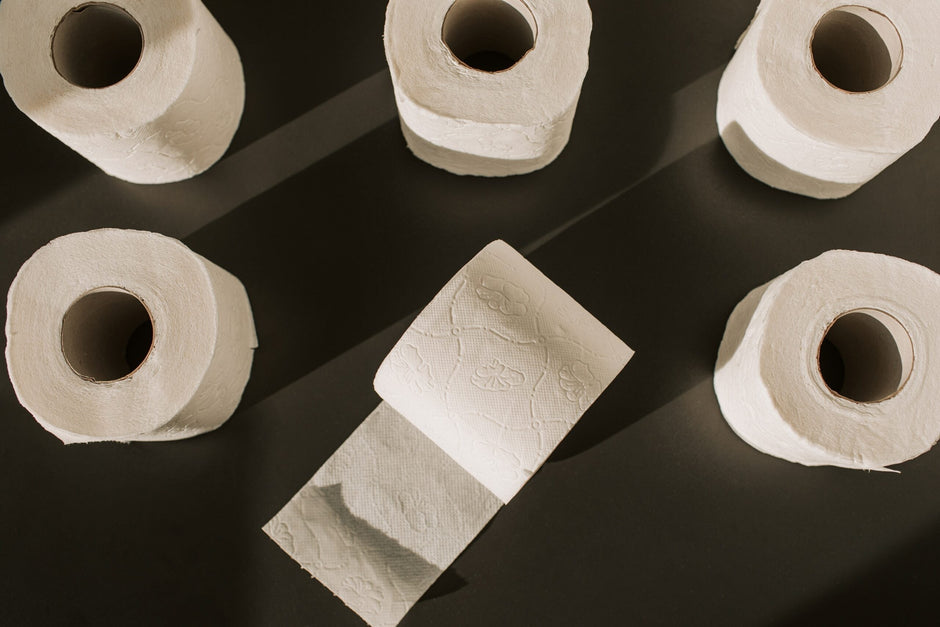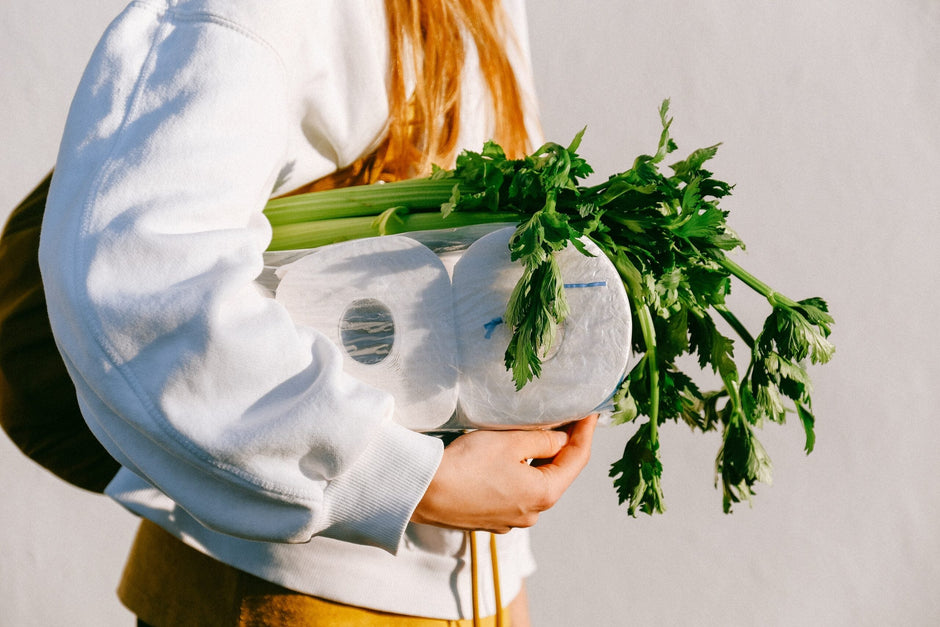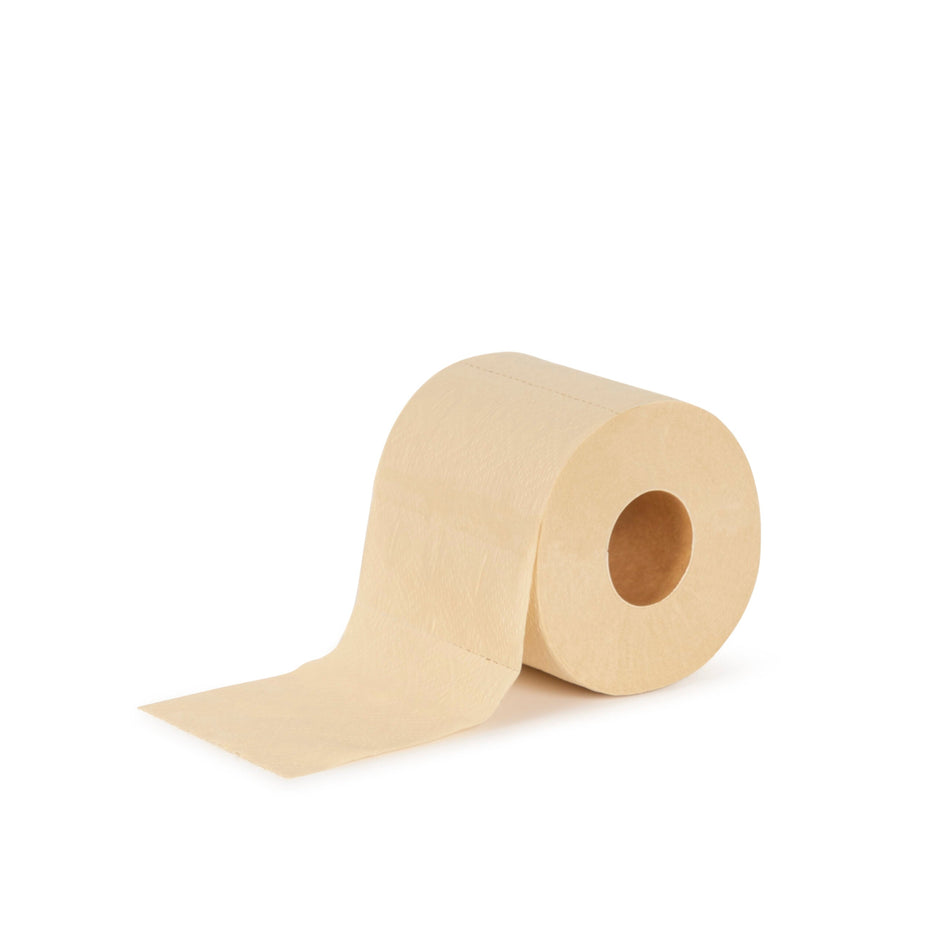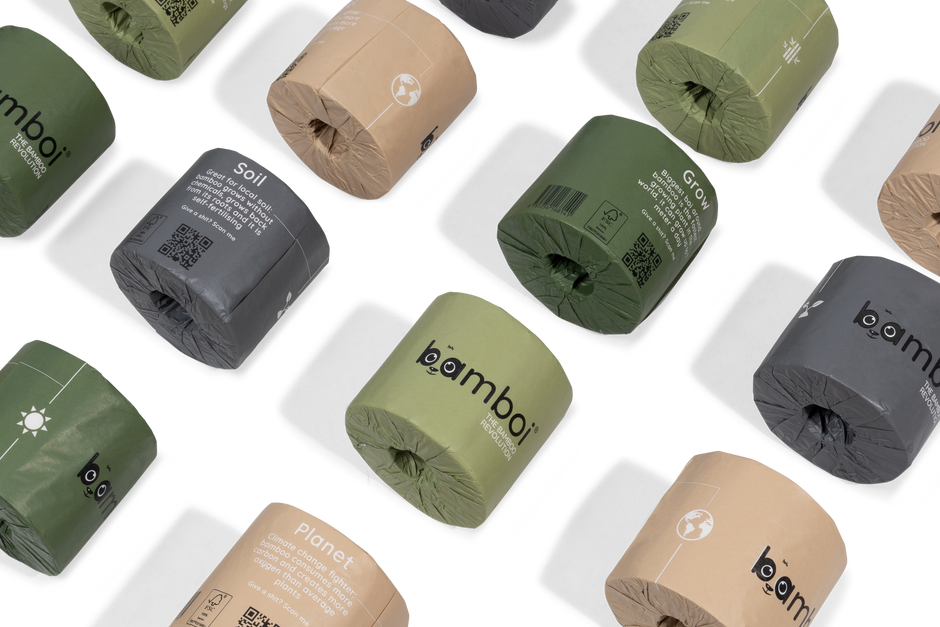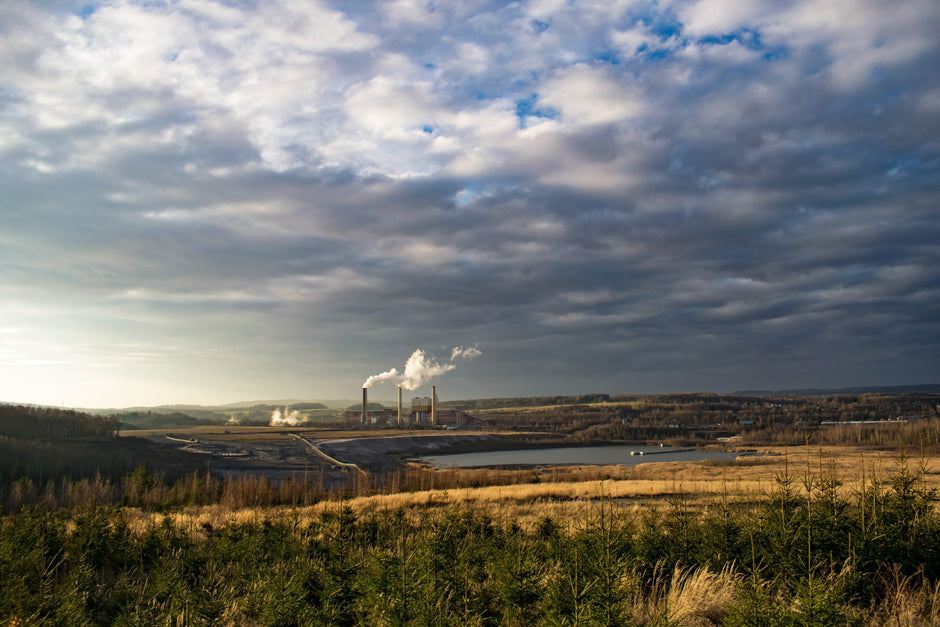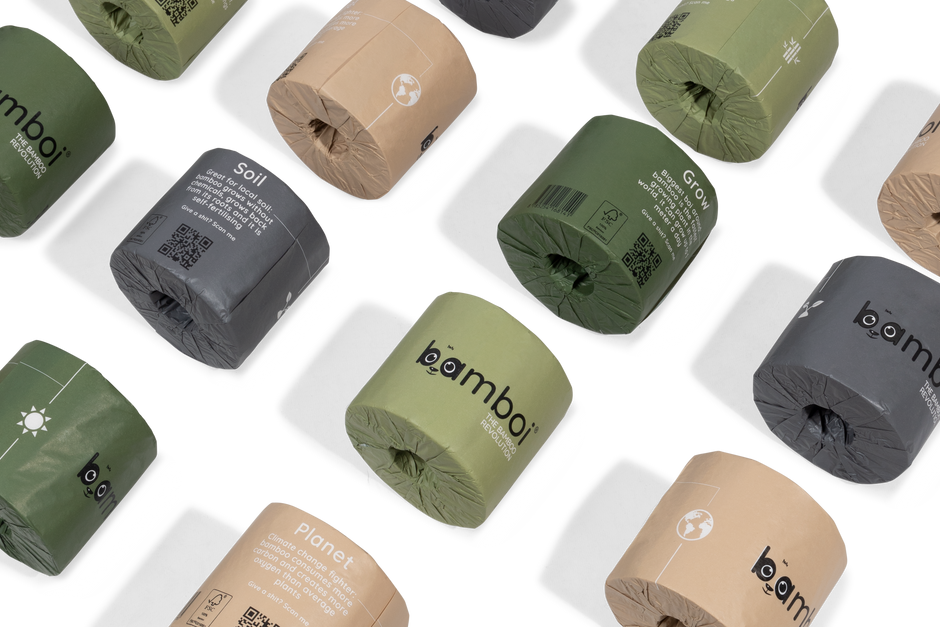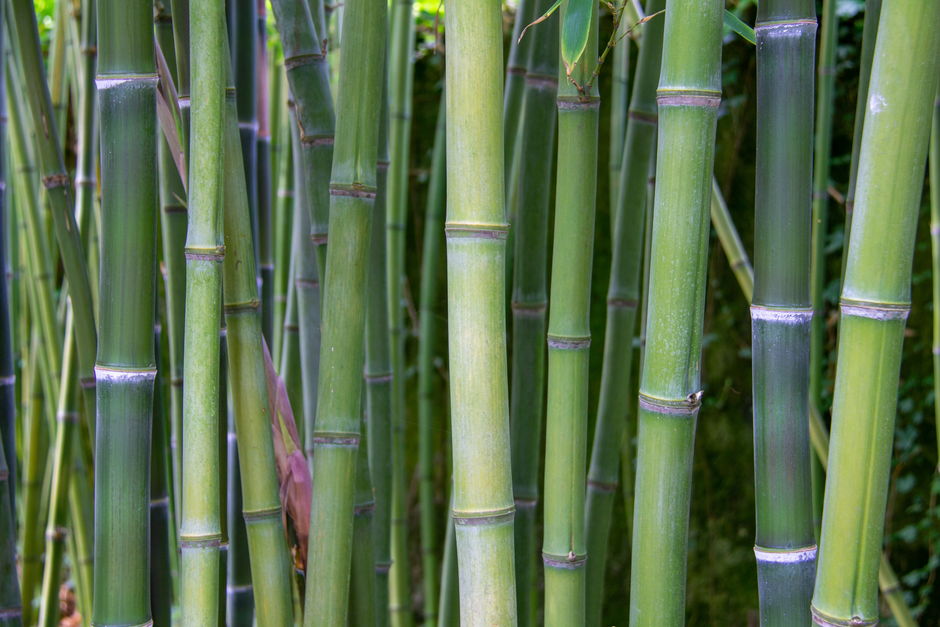Bamboo is a fascinating plant known for its exceptional growth rate and versatility. With over 1,000 different species worldwide, its growth rate varies depending on the species and environmental conditions. In general, bamboo can grow up to one meter per day, with outliers such as the Moso-bamboo, which can grow up to 1 meter in 24 hours.
Factors influencing the growth rate:
-
Type of bamboo: Some species, such as the aforementioned Moso-bamboo, exhibit remarkably fast growth, while other species grow at a more moderate pace.
-
Climate and location: Bamboo naturally grows in various climates, from tropical to temperate. Although Southeast Asia is often associated with bamboo forests, bamboo can also grow in other parts of the world, provided the conditions are suitable.
-
Soil conditions: A well-draining soil with sufficient nutrients contributes to the optimal growth of the bamboo plant.
Invasive vs. non-invasive bamboo:
Bamboo can be divided into two main types:
-
Invasive bamboo (sympodial): These species spread rapidly through underground rhizomes and can take over large areas if not managed. It is therefore advisable to use root barriers when planting invasive bamboo in gardens to prevent unwanted spread.
-
Non-invasive bamboo (monopodial): These species grow in compact clumps and spread less aggressively, making them more suitable for smaller gardens or as container plants.

Practical applications and benefits:
Thanks to its rapid growth, strength and durability, bamboo is a versatile and environmentally friendly alternative to traditional materials. Here are some of the key applications and benefits:
-
Building material: The strong and flexible bamboo stems make it a sustainable and renewable alternative to wood and concrete. It is lightweight, yet strong and shock-resistant, making it ideal for construction and scaffolding.
-
Textiles: Bamboo fibers are processed into super-soft, breathable and antibacterial fabrics, perfect for clothing and bedding. It is naturally hypoallergenic and moisture-regulating, providing extra comfort.
-
Paper products: Bamboo is a rapidly renewable resource for eco-friendly paper and toilet paper, such as the products from Bamboi®. This helps reduce deforestation and provides a sustainable alternative to traditional wood pulp paper.
-
Gardening: With its dense foliage, bamboo is ideal as a natural hedge or screen. It provides privacy, improves air quality, and contributes to a greener living environment.
By choosing bamboo, you not only contribute to a more sustainable future, but you also benefit from high-quality, functional and eco-friendly products in your daily life. Curious about the other benefits? Then read our blog on the benefits of bamboo! 


